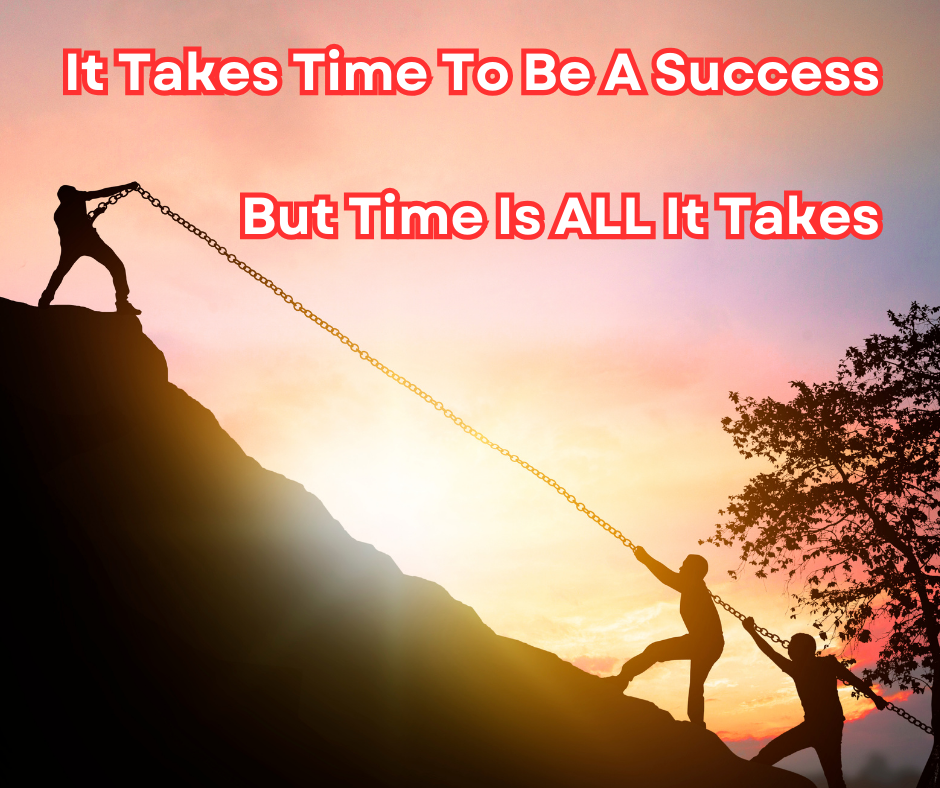10 Things That Every Student Needs To Know
As students navigate through their academic careers, they will encounter challenges that will require them to possess certain skills and knowledge areas. In this blog post, we will highlight the top ten essential skills and knowledge areas that every student should have to obtain both academic success and make huge inrodas in their personal lives as well.
-
Time Management As A Student
Effective time management is essential for students to balance their academic and personal schedules. Students who develop good time management skills can prioritize their activities, meet deadlines, and create more time for leisure activities. Examples of effective time management skills include creating a study schedule, breaking down larger projects into smaller tasks, and limiting distractions.
Time management is crucial when it comes to academic success. It’s important to prioritize tasks and set a schedule to use time effectively. Here are some tips for effective time management:
– Create a to-do list at the start of each day or week.
– Use a planner or calendar to organize deadlines, meetings, and events.
– Breakdown large tasks into smaller, more manageable tasks.
– Identify peak productivity times and prioritize challenging tasks during those times.
– Avoid procrastination and distractions.
-
Critical Thinking And Learning Styles For A Student
Critical thinking skills enable students to analyze, evaluate, and interpret information. Students who possess critical thinking skills can solve problems, make informed decisions, and communicate their ideas more effectively. Examples of critical thinking skills include questioning assumptions, considering alternative perspectives, and assessing evidence.
Every individual has different learning styles that work best for them. Understanding the learning style can help students tailor their learning to maximize their academic success. Here are some learning styles:
– Auditory: Learn effectively through hearing and listening.
– Visual: Learn effectively through seeing and reading.
– Kinesthetic: Learn effectively through doing, hands-on activities, and movement.
-
Organization and Keeping Up with Assignments
Organizational skills involve planning, prioritizing, and managing tasks and resources. Students who possess good organizational skills can maintain order and structure in their schedules, workspaces, and projects. Examples of organizational skills include creating to-do lists, developing filing systems, and tracking progress.
Keeping up with assignments is critical for academic success. Here are some tips:
– Break down large assignments into smaller tasks.
– Set deadlines for each task and hold yourself accountable.
– Manage time wisely.
– Be proactive in seeking help if needed.
-
Communication
Effective communication skills allow students to express themselves clearly and confidently in various contexts. Students who possess good communication skills will attain academic success and can collaborate with others, negotiate effectively, and advocate for themselves and others. Examples of communication skills include active listening, nonverbal communication, and negotiation. The below tips can be of assistance.
- Use active listening during classroom discussions and group work to ensure they understand others’ perspectives and contribute effectively.
- Use nonverbal communication, such as eye contact and body language, to convey confidence and engagement during presentations or classroom interactions.
- Practice negotiation skills, such as compromising and finding common ground, during group projects or when resolving conflicts with classmates.
-
Digital Literacy
Digital literacy involves the ability to use technology and digital tools effectively and responsibly. Students who possess digital literacy skills can navigate digital environments, create and share digital content, and protect their privacy and digital identities. Examples of digital literacy skills include using search engines, creating and editing digital content, and practicing online safety. Here are some tips for consideration when seeking academic success,
- Search for credible sources and fact-check information before using it in assignments or discussions.
- Use digital tools, such as presentation software or online collaboration platforms, to create and share multimedia projects with classmates or teachers.
- Protect their personal information and online identity by using strong passwords and avoiding sharing sensitive information on public online platforms.
- Seek guidance from teachers or trusted adults on how to use technology effectively and safely and report any online bullying or inappropriate behaviour.

-
Essential Study Skills For A Student
Study skills enable students to learn and retain information effectively and efficiently. Students who possess good study skills can prepare for tests, read and comprehend academic texts, and participate actively in classroom discussions. The above forms the cornerstone of academic success and examples of study skills include note-taking, reviewing and summarizing texts, and self-testing.
Effective study techniques can help students retain information and perform better on exams. Here are some study techniques:
– Take breaks to prevent burnout and maintain focus.
– Use active recall by reviewing material and then reciting it from memory.
– Use mnemonic devices to help remember information.
– Create visual aids such as mind maps or diagrams to help understand connections.
– Form or join a study group to discuss ideas or concepts.
-
Financial Literacy
Financial literacy involves the ability to understand and manage personal finances. Students who possess good financial literacy skills can budget, save, and invest their money wisely. Examples of financial literacy skills include creating a budget plan, understanding credit scores and interest rates, and saving for emergencies and long-term goals.
-
Self-Management and Setting Goals
Self-management skills involve regulating one’s own emotions, behaviours, and attitudes. Students who possess good self-management skills can cope with stress, set goals, and navigate challenging situations effectively. Examples of self-management skills include self-reflection, emotional regulation, and self-motivation.
Setting realistic and achievable goals can help students stay focused and motivated. Here are some helpful tips for setting goals and thereby ensuring academic success:
– Be specific and define the goal clearly.
– Identify steps to achieve the goal.
– Make the goal achievable within a reasonable timeframe.
– Write down the goal and review progress regularly.
– Celebrate when goals are achieved to boost motivation.
-
Balancing Social Life
For academic success, students need balance and harmony in their social lives. Here are tips to maintain academic success and achieve balance in student life:
– Plan social activities in advance rather than spontaneously.
– Set limits on the time spent on leisure activities.
– Know when to say no to peer pressure.
– Surround yourself with positive people who also prioritize academic success.
– Schedule time for self-care activities such as exercise, sleep, and relaxation.
-
Cultural Competence For A Student
Cultural competence involves the ability to understand and respect diverse cultures and perspectives. Students who possess good cultural competence skills can communicate and collaborate effectively with people of different backgrounds, beliefs, and identities. Examples of cultural competence skills include learning about different cultures, practicing empathy and tolerance, and advocating for equity and inclusion.
Possessing most of the above skills and knowledge areas will equip students with the necessary tools to be successful in their academic and personal lives. As a student, you should make an effort to develop these skills by practicing and seeking out opportunities to apply them in various contexts. It takes time and effort to develop these skills, but the rewards are worth it in the long run.
Academic success involves a multifaceted approach. By mastering time management, effective study techniques, writing skills, learning styles, effective notetaking, test-taking, setting goals, keeping up with assignments, seeking help and balancing social life, a student can become academically successful. Always remember that academic success takes effort, persistence, and hard work. It is important to also stay motivated and believe in oneself.














